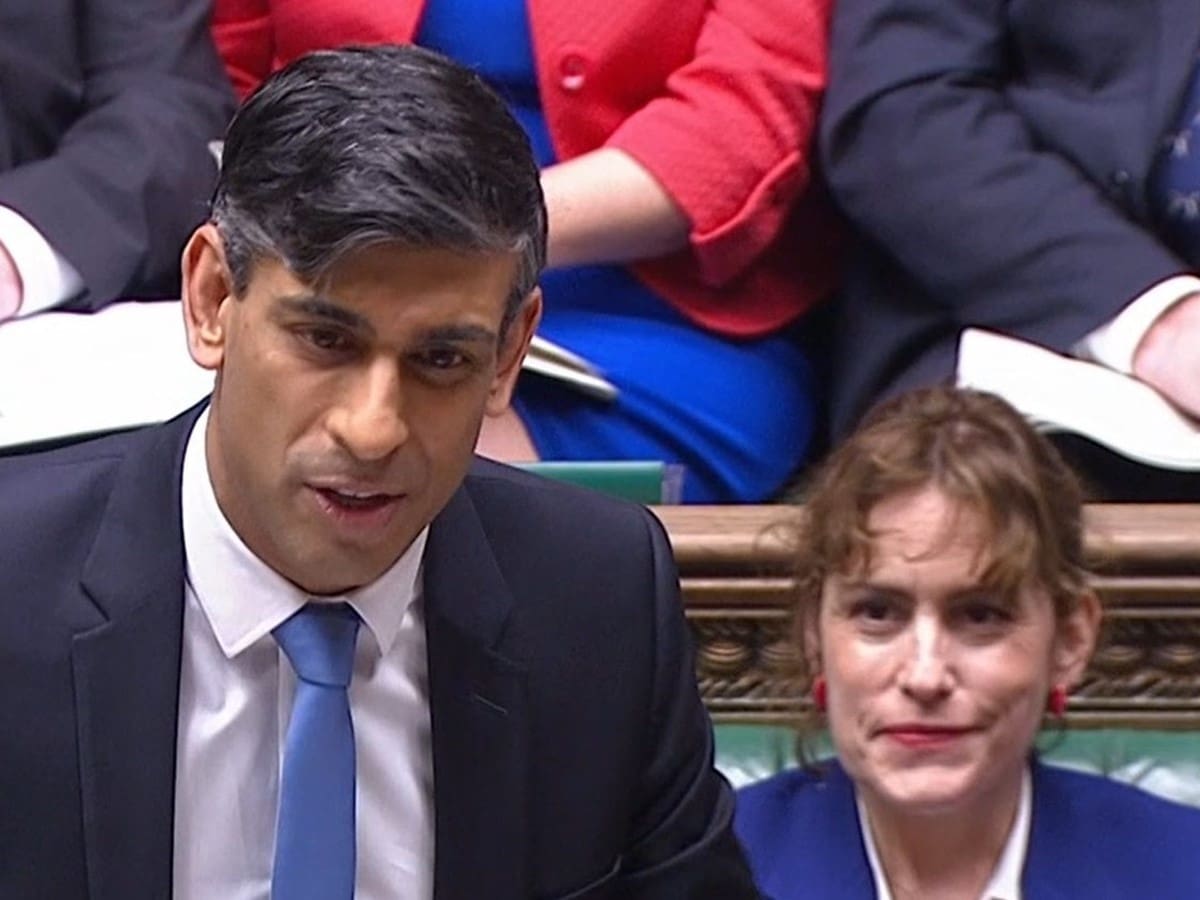Shock new figures from the Office for National Statistics (ONS) reveal that government-financed health care spending was around £239bn in 2023 – a real-terms decrease of 2.1%. The news undermines the Conservative Party‘s claim of ‘record funding’ last year amid the ongoing general election.
More Tory lies exposed at the general election
The ONS’ new “UK Health Accounts” report reveals Government-financed healthcare expenditure was around £239bn in 2023, a decrease of 2.1% after adjusting for inflation. Government healthcare expenditure also decreased by 0.7% in nominal terms and by 5.5% in real terms between 2021 and 2022. With the NHS proving to be one of the key voter concerns going into next month’s general election, these figures are probably not what the Conservatives wanted to hear.
At the launch of the 2023 NHS England Mandate last June, the then-health secretary Steve Baker said:
The government has made up to £14.1 billion available for health and social care over the next two years, on top of record funding to improve elective, urgent and emergency, and primary care performance.
Clearly, the Tories have failed to actually deliver that.
Falling preventative care
Dr Avinash Hari Narayanan (MBChB), clinical lead at London Medical Laboratory, says:
Of course, last year’s frightening inflation won’t have helped. In fact, total healthcare expenditure (both Government and private) increased by 5.6% in nominal terms in 2023 but decreased by 1.4% after adjusting for inflation. This was the second consecutive year of negative real terms healthcare spending growth following a 4% decrease in 2022.
Perhaps most concerning of all is the slump in spending on preventative care. This component represented around 8.2% of Government healthcare spending in 2022 compared with 14.1% in 2021. While a portion of this fall reflects the end of Covid measures, preventative care should be central to a national health policy for whichever party wins on 4 July.
While government-financed healthcare expenditure fell in real terms, private “out of pocket” healthcare spending, which includes hospital treatments, medical goods and other health services and products, accounted for 13.8% of overall healthcare spending or £40bn in 2023. On top of that, voluntary health insurance was 2.5% of overall health spending, or around £7bn.
Private health spending UP
With real-term cuts in government funding, private health spending – particularly on preventative health products – looks increasingly but sadly sensible. The fact that consumers are spending money on preventative healthcare items such as vitamins, supplements and off-the-shelf blood tests looks to be a prudent decision in the face of a reduction in government health spending as a share of GDP.
Narayanan says:
For those concerned about easy access to healthcare, it’s useful to know that revolutionary new blood tests introduced in the last few years mean people have swift access to a vast array of information about their own health through a simple finger-prick test, which can even be taken in their own home.
For example, London Medical Laboratory’s General Health Profile blood test monitors seven key areas of health. It includes muscle and bone profile, liver & kidney function, risk of diabetes (by checking levels of HbA1c), cholesterol levels, iron levels and even the risk of gout.
It’s clear that whichever party wins the general election, healthcare must be at the heart of its agenda. Currently, though, it’s unclear whether or not Labour or the Tories will do this.
Featured image via the Canary




